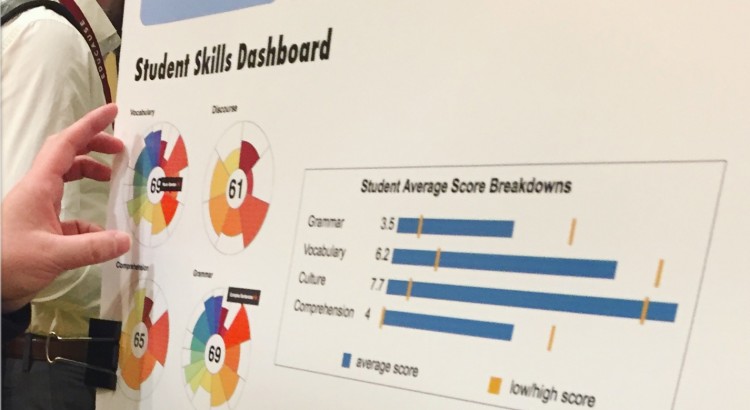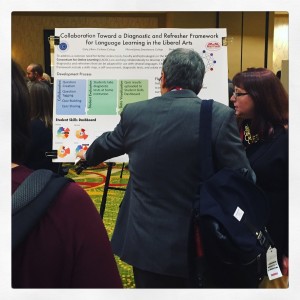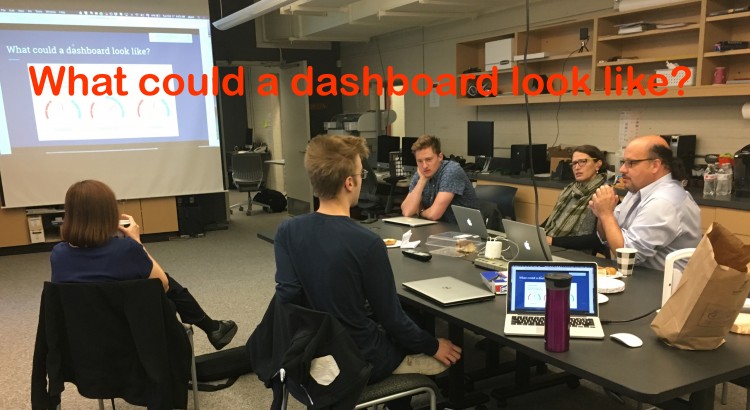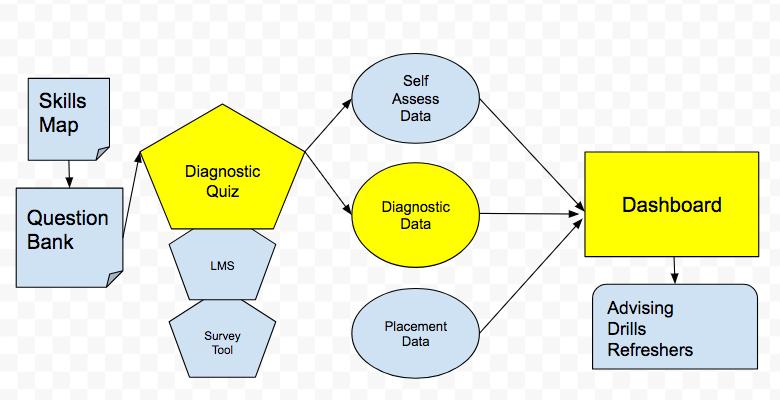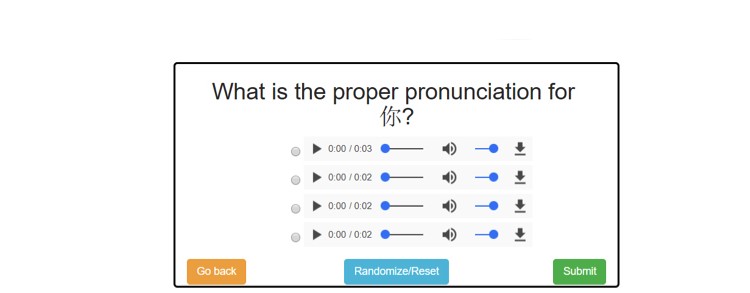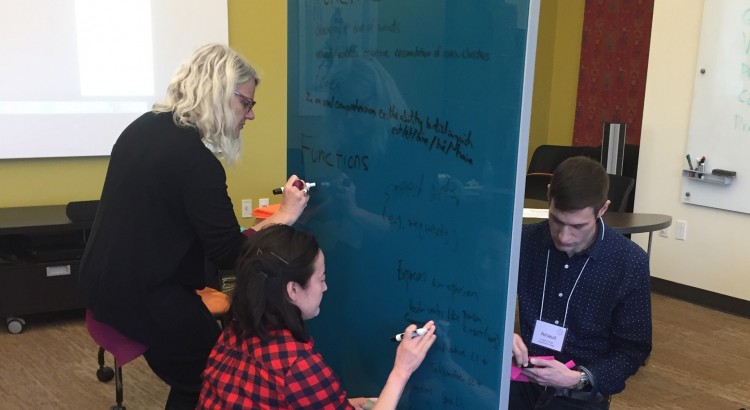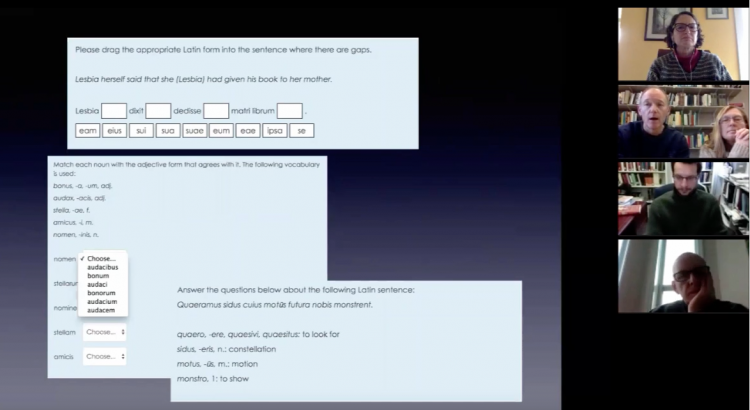
Date: Monday, 31 October (arrival and group dinner on Sunday, Oct 30)
Location: Swarthmore College (campus location TBA)
Agenda: LACOL Workshop – Language Pedagogies, Proficiency, and Reverse Design
Facilitator: Dr. Cathy Baumann, U. Chicago CLC
Register by Oct 26: https://forms.gle/htzeBDTaLvYeLrAL6
Workshop Goals:
- Bring LACOL language leaders, teachers and experts together for a substantive 1-day workshop facilitated by C. Baumann
- Use proficiency as a lens to frame exploration of pedagogies and assessment strategies that support various teaching modes and styles; agenda is adaptable based on participant interests
- Share learning and dialogue to continue building relationships across LACOL language programs and people; participants may consider opportunities for collaboration to enhance liberal arts language offerings (areas of common interest such as lesser taught languages and learning enrichments for students heading into study-abroad)
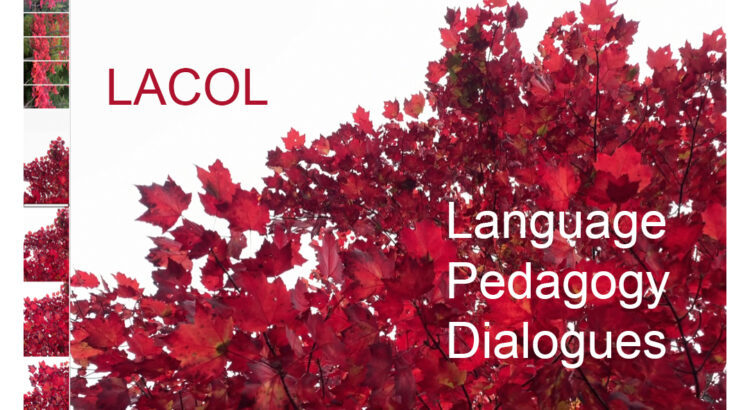

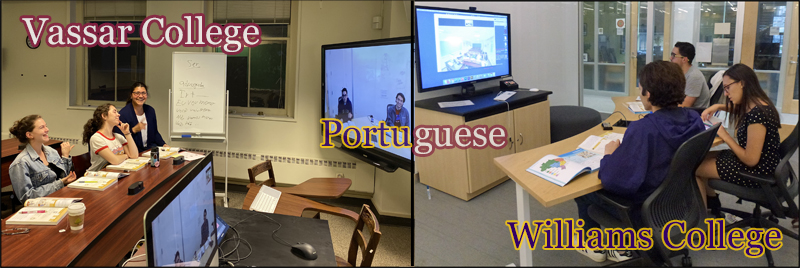

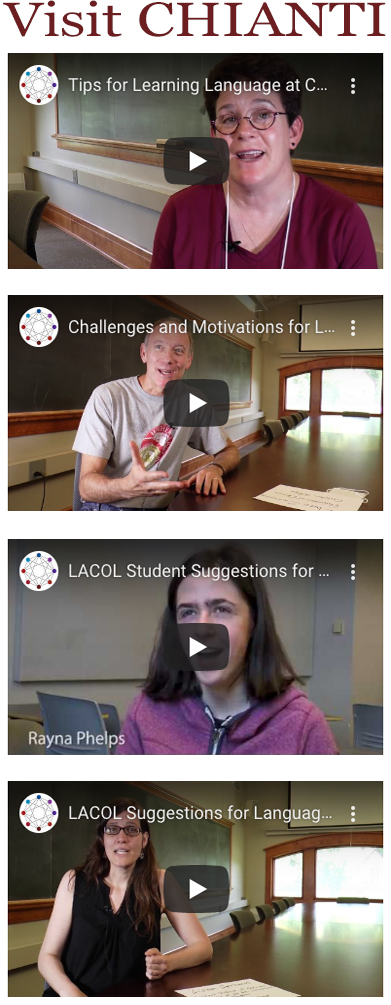
 Event: Language Instruction Jam
Event: Language Instruction Jam